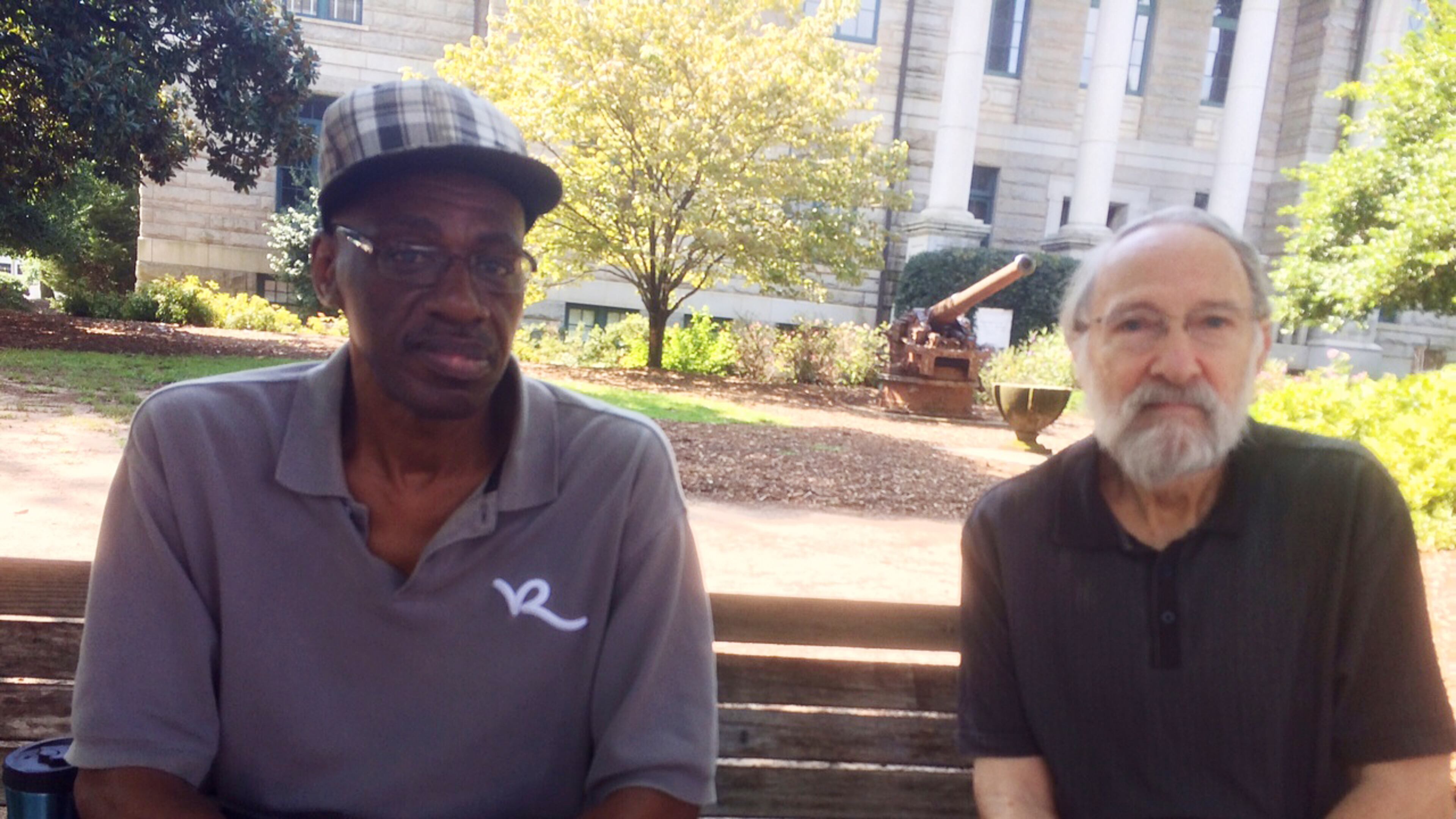Decatur seeks racial healing, but, oh, the price!

This installment of our popular digital feature, Bill Torpy at Large, also appears on MyAJC.com. That’s where you’ll find new installments every Monday, Wednesday and Friday.
Compassion might have its limits, even in Decatur.
Earlier this year, a longtime resident and former school board member was stopped by police as he walked from his home. There had been burglaries in the vicinity, and the cops thought he looked suspicious; he said it was because he’s African-American and fits the profile.
That was a problem for a city that prides itself for diversity and inclusion and probably has more per capita white guilt than any burg in Georgia. Elected officials were understandably aghast at the accusations and decided to take a long, inward look at how the city stands up to the notion it has crafted for itself.
But city officials are learning that talk ain’t cheap when it comes to the so-called honest discussion of race, an idea that’s gotten lots of national play in recent weeks.
The bill for this series of community roundtable talks will start at $25,000 and could head north to $100,000, giving some commission members a case of sticker shock.
Peggy Merriss, the longtime city manager, told City Commission members that Decatur could break some ground here in getting folks to talk about tough issues they inherently don’t want to acknowledge.
“It’s to keep the community connected and face up to the things we are not doing well,” Merriss told the commission, adding, “We believe this is unique and possibly replicable in other places in metro Atlanta.”
Commissioner Fred Boykin said he was “a little skittish about how much cash we end up committing to this and what we end up getting for the money.”
Kecia Cunningham, the sole black commissioner, seemed disappointed that her colleagues balked at the proposal, one they ultimately tabled until Oct. 6.
“There is a place for intentional dialogue about what diversity means as a community,” she said. “Maybe we don’t care anymore. Some of the tenor of the information that I’ve seen is that people don’t care. If we talk about it enough maybe we’ll do something about it.
“We are at least bantering about ripping off the Band-Aid, turning over rocks, and looking at ourselves and asking who we want to be.”
The 4-square-mile city did such soul-searching back in 1998, when gentrification was the issue, and again in 2001, when the community was determining how to best deal with the schools. The discussion has also veered into “economic diversity.” Race, of course, was intertwined with all those issues.
Cunningham noted that about 20 percent of Decatur’s residents are black, half the percentage of 20 years ago.
Boykin, who owns a popular bike shop just outside the Decatur city limits, moved into Oakhurst 30 years ago, a time when, he said, “there was lots of gunfire and drug busts.” He was one of the few whites in that south Decatur neighborhood.
Last month, city officials were given a presentation about the city’s racial change. In 1990, there were nearly 4,000 black residents in Oakhurst and fewer than 1,000 whites. Twenty years later, it had flipped to nearly 3,000 whites and slightly more than 1,000 black residents.
Last week, Carrie Evans, a retired food service worker who is black, walked home from a shopping visit at the busy Oakhurst commercial district, a collection of buildings that looks like a cool Mayberry.
Evans, with four decades in the neighborhood, likes the change, even though she could never afford to buy a home there now. In fact, she frequently gets letters in the mailbox of her small brick home asking her to sell. Developers would love to scrape her home and build a fashionable faux old-timey home like those sweeping the neighborhood and costing $600,000 and up.
Asked what has changed, she said, “the dope,” meaning there is no longer an open market for it. “Now I can sit on my porch,” she said.
Anything else?
She smiled and pointed at the business across the street that has “Bakery for Dogs” on its awning and a chalkboard advertising an ice cream social for pups.
She was right. There’s nothing that says white people have arrived more than a place to pamper your Pomeranian.
A drive down Evans’ block found six houses in various stages of rehab. A carpenter with dreadlocks (who preferred to not have his name used so he could garner future work) summed up the process: “It’s gone from the ‘hood to chichi bourgeois,” he said. “The people with the money make the rules.”
In downtown Decatur, Melvin Brown, who is black, and Derek Miller, who is white, whiled away the lunch hour on a park bench in front of the old courthouse. Coincidentally, the two retired men were having a no-cost discussion on race, one without a facilitator, a round table or an action plan.
“I was just saying all the progress we made in the 1960s is going away,” said Miller, an architect who has lived in the city since 1974.
“He’s right,” Brown chimed in. “It’s harder to take care of problems. Now it’s more individuals, not groups or communities. Nobody’s listening.”
Miller said he has no problem paying for more Decatur round-tabling.
“Decatur is unique,” he said, with a hopeful note in his voice. “You probably make more progress here than other places. We have a better track record.”


